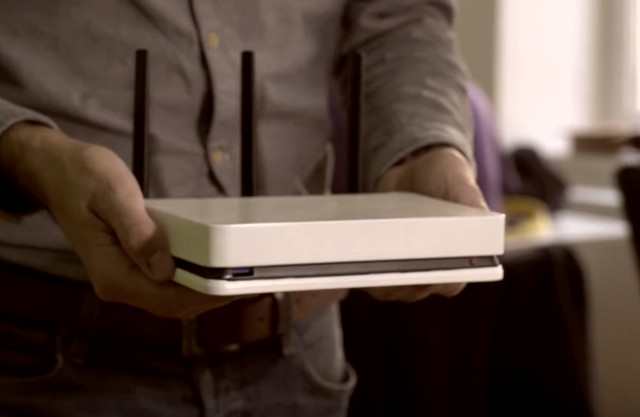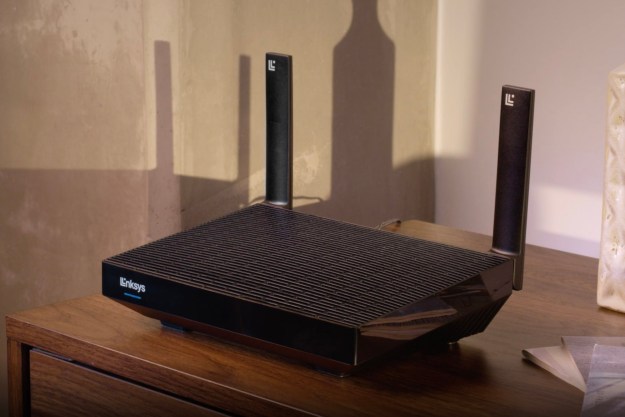
The Turris Omnia is pitched as ‘more than just a router’ in its project brief on IndieGogo. As well as offering a reliable wireless connection, it’s also capable of being used as your home server, as a printserver, or as part of a Network Assisted Storage set-up.
What’s more, it’s completely open source, with open hardware running a free OS that’s based on OpenWrt. According to the project’s creators, this gives the Omnia all the capabilities of a standard Linux server, which opens up a host of possibilities for the user.
Producing an open-source device is clearly a top priority for the team behind the project, but security is another major concern. Firmware updates will be automated, which Tom’s Hardware reports as being a major advantage towards stamping out possible threats — meanwhile, users will also be able to monitor the activities of network attackers directly from their system.
To cater to all these needs, the Omnia has been given some seriously impressive specs for a router. Boasting a 1.6 GHz dual-core ARM CPU, 1GB of DDR3 RAM and 4GB of flash memory, this is a piece of tech that’s more than capable of going beyond the normal requirements of this sort of device
The crowdfunding campaign has already seen a huge response, with its initial goal of $100,000 almost doubled in less than 24 hours. Backers can purchase a Turris Omnia router for $189 for the next 55 days — at retail, the device is expected to cost $285.
Editors' Recommendations
- How to change your router’s Wi-Fi password
- Amazon’s Eero Max 7 router is ridiculously expensive
- An open-source ChatGPT rival was just launched by the Stable Diffusion team
- This ChatGPT alternative is free, open source, and available now
- Beware — even Mac open-source apps can contain malware

